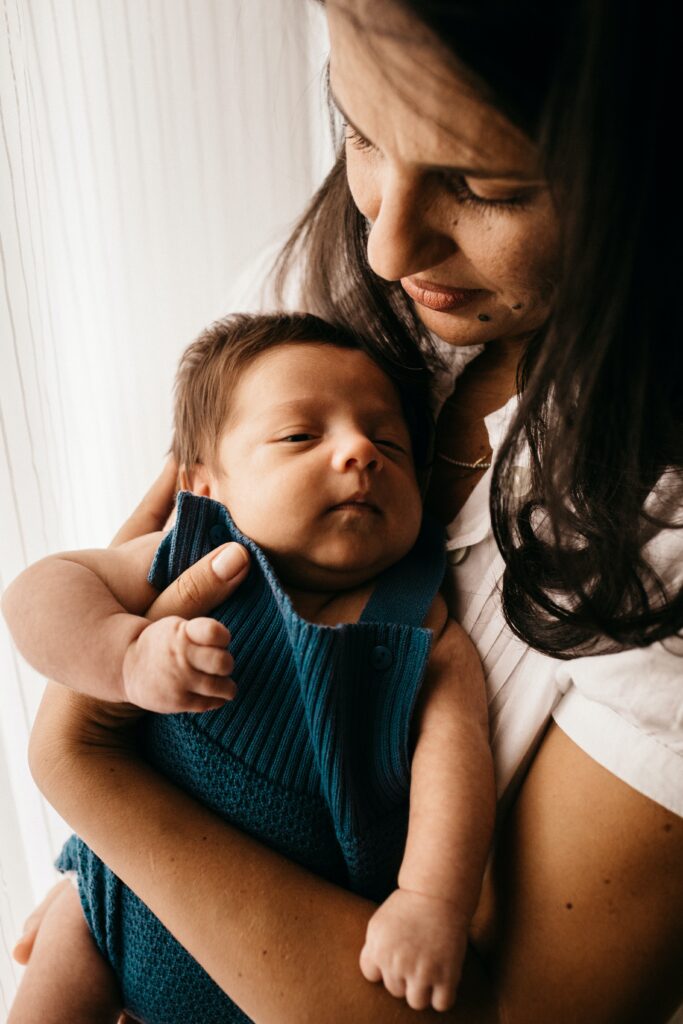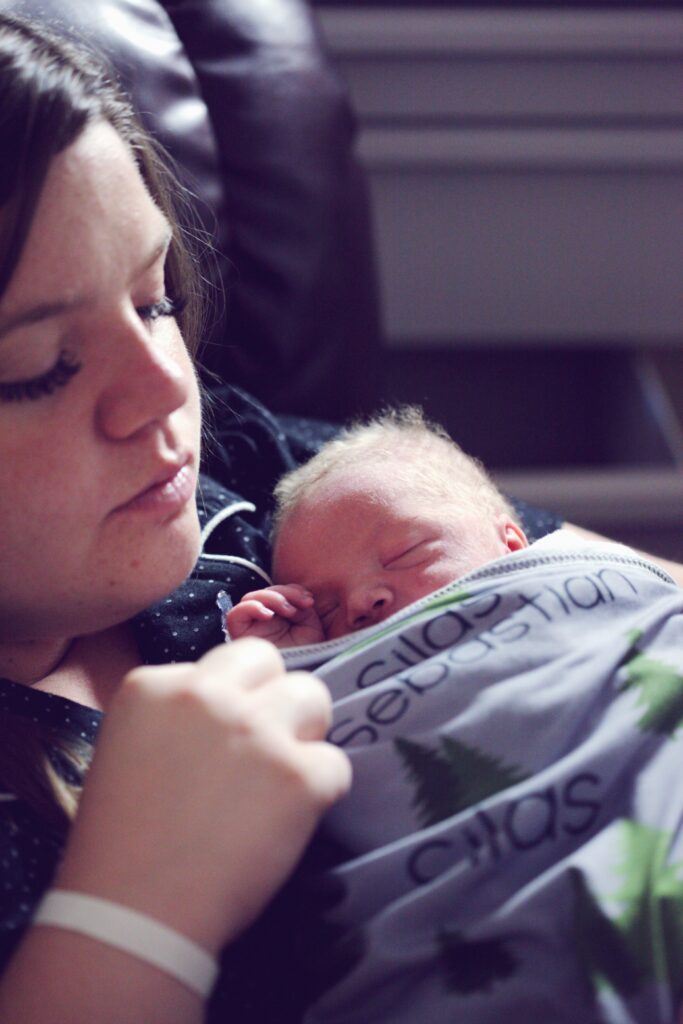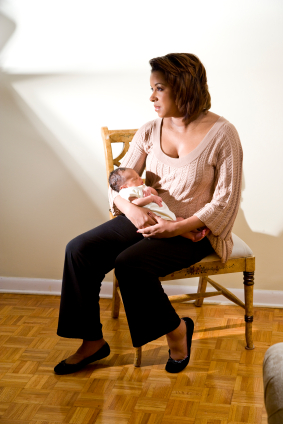Bipolar Disorder in Pregnancy and the Postpartum Period

At the 2020 meeting of the International Society for Bipolar Disorders, researcher Veerle Bergink reported several findings from a recent meta-analysis of articles on pregnancy and bipolar disorder. Bergink and colleagues found that pregnant women with bipolar disorder have a 37% risk of a postpartum relapse, more than twice the risk of postpartum mental disorders in the general population.
Using lithium as a treatment in the first trimester of pregnancy increased risk of congenital malformations in the fetus, but the risk was much smaller than previously thought and could be monitored by ultrasound.
Bergink and colleagues also reported that in a sample of 645 women with first-onset postpartum psychosis who received followup over a period of 7 to 25 years, 43% had no subsequent severe episodes outside of the postpartum period.
Another finding was that women with postpartum severe depression or mania had abnormalities in T cells, which are important in immune response.
Childbirth and Bipolar Disorder

In an abstract for virtual presentation at the 2020 meeting of the International Society for Bipolar Disorders, researcher Ian Jones presented evidence that childbirth may trigger onset of bipolar disorder.
Jones found that 15% of women who experience postpartum mood disorders shortly after childbirth will go on to develop bipolar disorder over time. A previous diagnosis of bipolar affective disorder is the biggest predictor that a woman will be readmitted for treatment of postpartum mental illness.
In addition, one of the biggest risk factors for postpartum mental disorders is a family history of bipolar disorder in first-degree relatives. The risk of postpartum mental disorders also increases when first-degree relatives have a psychiatric illness of any kind.
Editor’s Note: These data are consistent with research on sensitization/kindling, the idea that while early mood episodes may be triggered by psychosocial stress and other endocrine factors, later episodes may emerge more spontaneously. In this case, the stress associated with childbirth can lead to a subsequent bipolar diagnosis (with or without a precipitating stressor) in the future.
The psychosocial stress of childbirth and subsequent sleep deprivation can be severe, and those with a history of a mood disorder should seek additional support during such a time.
Women with Bipolar Disorder at Higher Risk for Postpartum Depression
 The risk of having a depressive episode during pregnancy compared to afterward have not often been studied. A 2011 review article by Viguera et al. in the American Journal of Psychiatry compared rates of affective episodes among women with bipolar I and II disorders and recurrent major depressive disorder, both during pregnancy and the postpartum period. Risks were higher for women with bipolar disorder.
The risk of having a depressive episode during pregnancy compared to afterward have not often been studied. A 2011 review article by Viguera et al. in the American Journal of Psychiatry compared rates of affective episodes among women with bipolar I and II disorders and recurrent major depressive disorder, both during pregnancy and the postpartum period. Risks were higher for women with bipolar disorder.
Among women with bipolar disorder, 23% experienced mood episodes during the pregnancy, while 52% had an episode in the months after giving birth. Among women with unipolar depression, 4.6% had a mood episode during pregnancy, while 30% did during the postpartum period, which is about double the risk seen in the general population. Depression was the most common type of morbidity the women experienced before and after giving birth.
Risk factors associated with mood episodes during pregnancy included (in descending order): younger age at illness onset, previous postpartum episodes, fewer years of illness, bipolar disorder, fewer children, and not being married. Risk factors associated with postpartum episodes included: younger age at illness onset, illness during pregnancy, bipolar disorder, fewer children, and more education.
Editor’s Note: The risk of postpartum depression increases from 15% in the general population, to 30% among women with unipolar disorder, to 50% in women with bipolar disorder. Special precautions should be taken to monitor and treat depression during and after pregnancy, in all women but particularly in those with a prior history of unipolar or bipolar disorder.

